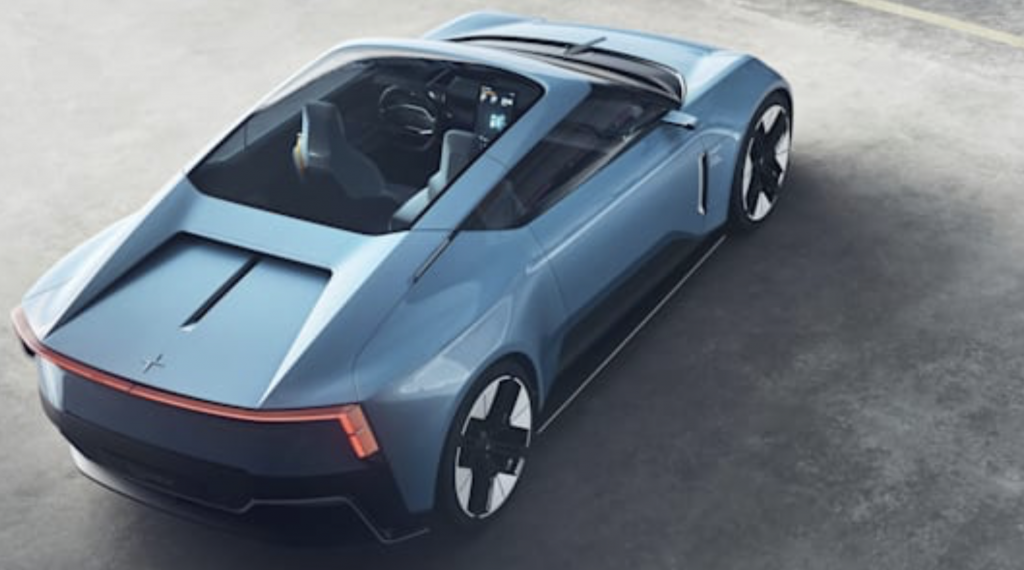The Weird Reason Some People Are More Likely To Buy An Electric Vehicle
The electric vehicle is becoming a more common site in the automotive industry, but there is an odd reason why some folks prefer them...
This article is more than 2 years old

Nowadays, electric vehicles are everywhere. Tesla is not the only major car brand to sell them, with famous names like Ford and Volkswagen, who have recently converted notable models into EVs. As the government starts to fund more enterprises with cleaner energy initiatives, companies are moving towards green-energy models to attract consumers and federal funding.
People are more likely to purchase an electric vehicle now than ever before, and there are a couple of reasons why. According to a recent survey, the public is three times more likely to invest in an EV than in previous years. 4% of Americans taking the same survey said they would purchase a car with an electric battery, compared to this year’s 14% indication. Though this isn’t a massive portion of the population, the figure increase does show a considerable change in consumer interest. One of the questions in the survey that has helped manufacturers understand this change is whether people have had experience driving or being inside an EV. An uptick in respondents who have experience with EVs has undoubtedly impacted the shift in consumer demand.
As electric vehicles become more popular, a large population is considering purchasing an EV instead of a gasoline-powered car. According to the same survey, 71% of respondents indicated a general interest in buying an EV in the future. 35% of respondents said they might consider buying one but were more tentative. Only 28% of the people surveyed said they would never purchase an electric car, which is substantially lower than in the past.
Many who’ve seen this report are linking an increase in “definitive buy” indications with the rise in personal experience with electric vehicles. Almost 50% of people who said they would buy an electric car said they had a friend, co-worker, or family member who already owns one. The direct link between experience and demand is also reflected in the naysayers who said they would never purchase an electric car. Only 13% of those people knew somebody who owned an EV, which is significantly lower than the respondents who were excited about buying one. As EVs become more integrated into our society, it’s expected that the number of people who would likely purchase an EV will continue to increase.
People who had a close friend with an EV were more inclined to want one, and those emphatic about electric vehicles were also more likely to have been inside one. Unsurprisingly, those who were against buying an EV had a small percentage of respondents who had ridden in one before. These figures corroborate the claim that people with direct experience with electric cars are more likely to see the advantages. Still, 83% of Americans surveyed had never been inside an electric vehicle before.
Electric vehicles are becoming an enormous industry for automotive companies in America and worldwide. Popular brands like Tesla and BYD lead as the world’s most notable EV companies, but other makers are starting to contend with their success. As the public gains more knowledge about these cleaner-energy cars, it’s more than likely that the purchasing numbers will exponentially incline.





